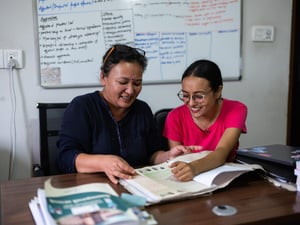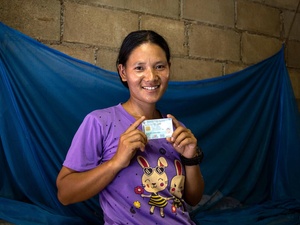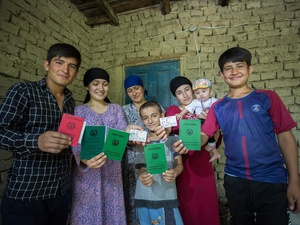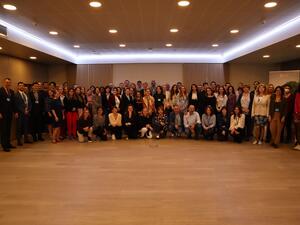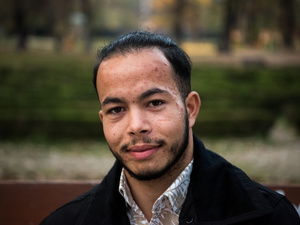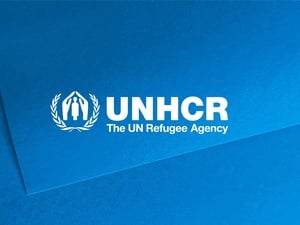Ashgabat meeting proposes way forward on migration and statelessness
Ashgabat meeting proposes way forward on migration and statelessness
ASHGABAT, Turkmenistan (June 23, 2014) - Delegates at the International Conference on Migration and Statelessness in Ashgabat, Turkmenistan, today emphasized the need to undertake targeted actions, including legal reforms and greater regional cooperation, to tackle pressing challenges in the areas of migration and statelessness in Central Asia.
The conference focused on identifying practical measures to realize the agendas for migration and statelessness set out in the 2013 UN High Level Dialogue on International Migration and Development and the 2009 Regional Conference on Prevention and Reduction of Statelessness and the Protection of Stateless Persons in Central Asia.
The conference, which was hosted by the Government of Turkmenistan and co-organised by UNHCR and IOM, identified best practices for addressing situations of statelessness and for improving the management of migration in Central Asia and globally. Over 40 delegations took part.
Stateless people in the region face significant obstacles in accessing their basic human rights, such as education, documentation, medical support and the ability to travel, according to UNHCR's Director of International Protection Volker Türk."Statelessness is a major cause of human suffering around the world and decisive action is required to resolve existing situations and prevent new ones." he said.
Turkmenistan has achieved considerable progress with regard to the reduction and prevention of statelessness. This includes the introduction of safeguards to prevent statelessness in its 2013 nationality law. The country has also acceded to the 1954 Convention Relating to the Status of Stateless Persons in 2011, and the 1961 Convention on the Reduction of Statelessness in 2012.
Since 2005, the Government of Turkmenistan has granted citizenship to more than 20,000 stateless people. Continuing this practice of resolving statelessness, the first day of the conference concluded with a citizenship ceremony, which saw the naturalization of nearly 1,000 stateless persons. Türk also emphasized that statelessness remains a major challenge in the 21st century across the globe. "A number of governments present at this conference have shown that the problem can be solved. UNHCR is counting on their leadership for our campaign to end statelessness within a decade."
This year UNHCR marks the 60th anniversary of the 1954 Convention Relating to the Status of Stateless Persons. With 10 million people worldwide believed to be stateless, many in a protracted situation of statelessness, UNHCR is launching a global campaign in September 2014 aimed at the elimination of statelessness within the next decade.



